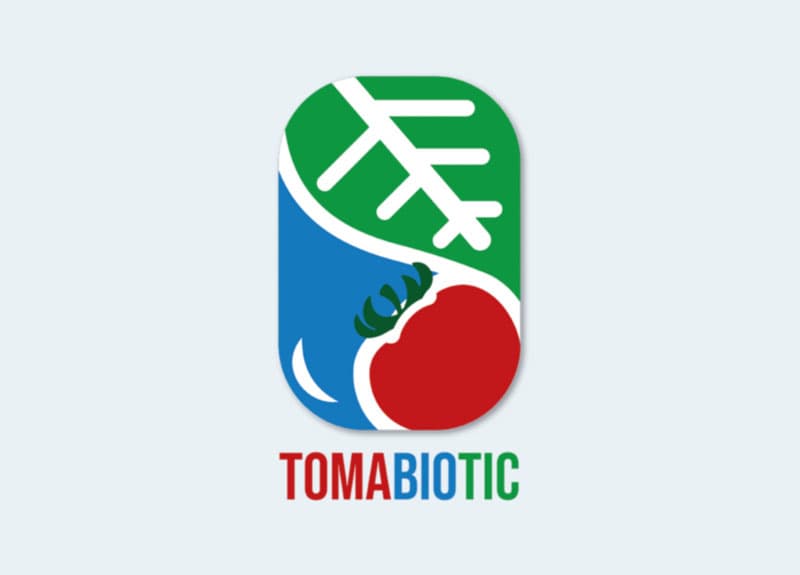
The current overexploitation of natural resources is generating an unsustainable water deficit, which is why the World Wide Fund for Nature (WWF) warns of the need to technify irrigation systems in order to increase water efficiency.
This is a challenge that can only be met through innovative and viable solutions that bring about a new agricultural revolution, generating an increase in sustainable food production by applying resilient agricultural practices, contributing to the maintenance of ecosystems, strengthening the capacity to adapt to climate change and optimising productive resources.
At AZUD we know that no single solution will be successful on its own, which is why we encourage parallel development between different sectors.
The aim of the TOMABIOTIC project is to develop new solutions for a more sustainable agriculture based on the reduction of the water footprint of one of the most productive crops on the planet, the tomato, which will make it possible to generate individuals with high tolerance to abiotic stress, as well as to put them into seasonal crop production by means of sub-surface irrigation optimisation techniques.
This project is funded by the Ministry of Science and Innovation and the State Research Agency, within the RETOS-COLABORACIÓN 2019 call that supports cooperative projects between companies and research organisations, whose objective is to promote technological development, innovation and quality research.
Together with AZUD, they participate in the TOMABIOTIC project:
